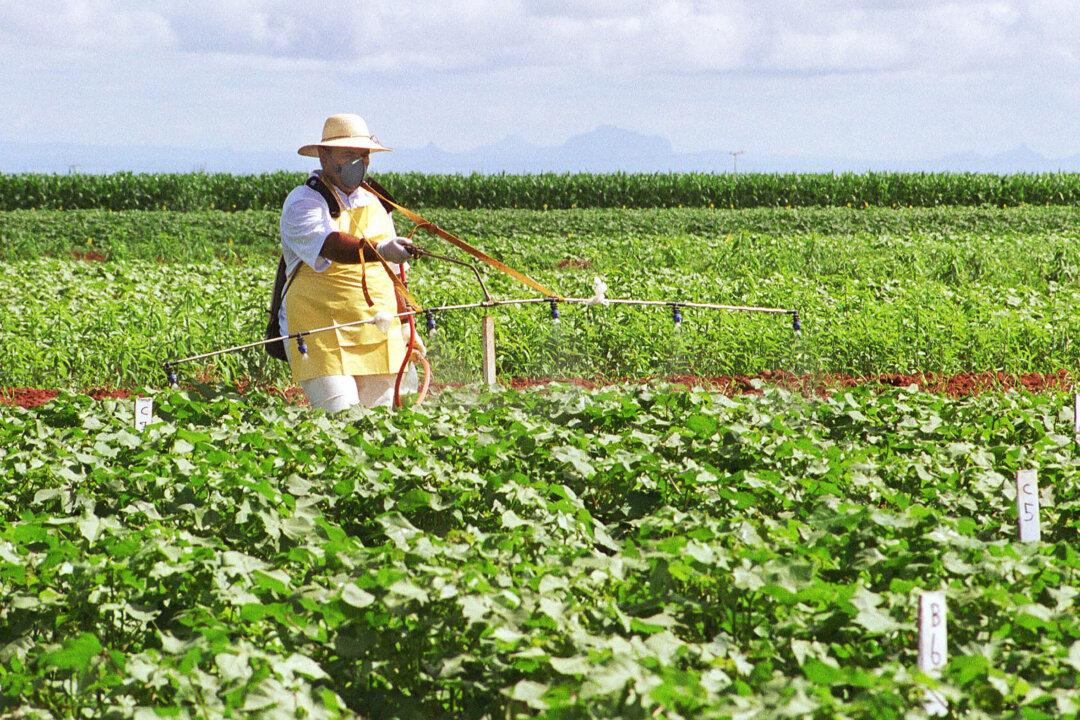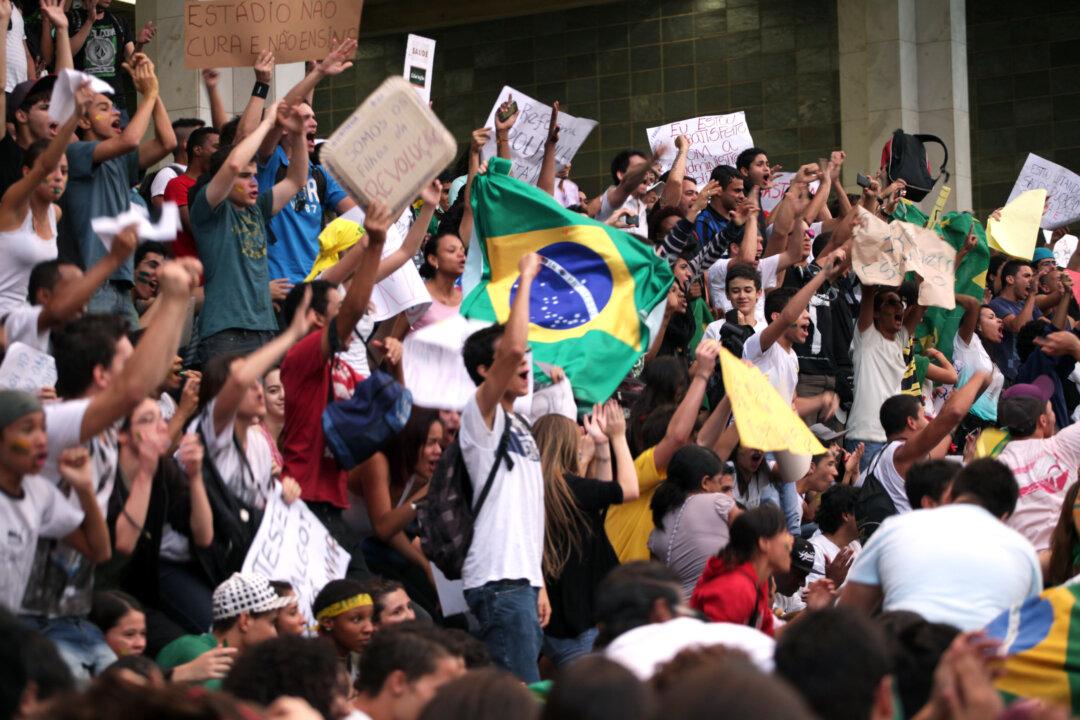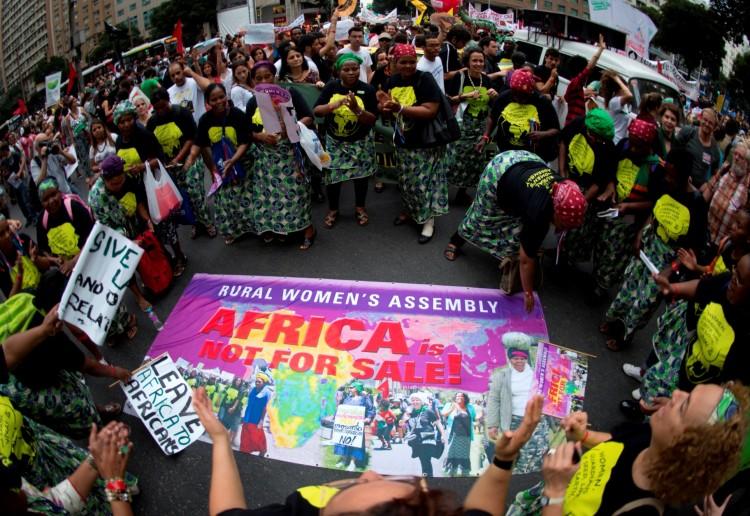RIO DE JANEIRO—Brazil’s wrinkles and bags are showing in the unflattering spotlight of the World Cup.
As the top names arrive next week for the draw, worldwide scrutiny will also bear down on the nation, which—until recently—had a largely positive reputation in the world. The image of samba, soccer, and sandy beaches could be overpowered by mass protest, violence, and scandal.
The death of two construction workers in a São Paulo stadium collapse this week revived the bad press that was at its peak this summer.
In June, mass protests raged in Brazil during the Confederations Cup, the first of three big gaming events in the nation—the World Cup will be held next, in June 2014, and Brazil will also host the 2016 Olympics. Protesters this summer questioned the billions spent on the games as public services fail. The human cost is too high, they said.
“These are events that have a lot of rewards associated with them, but there are a lot of risks if they do a poor job,” said Mark Jones, a Latin American political expert at Rice University in Texas, after the stadium collapse this week. “If there is violence or if the infrastructure isn’t sufficient, it could lead to a black eye and undermine the larger goal, which is to show Brazil is a global player.”
Preparations for the World Cup and the Olympics have been plagued by delays, accidents, and constant pressure to move faster. No one doubts they'll both be held, but at what cost, and who pays?
Out With the Old
Orlando Santos Jr., a professor at the Rio de Janeiro Federal University’s Urban and Regional Planning Research Institute, has been working with families displaced by construction for the games. He said in June that some 3,000 families had been removed and another 7,000 or more family homes were threatened.
It is clear to Santos that the restructuring projects are pushing out the poor and bringing in the rich. And the method of removal has been painfully swift, he said: “We had cases of families who were removed within less than an hour [of being notified] and some removals were made at night.”
He also reported cases in which communities were removed to make way for games venues, but the areas have not—and apparently will not—be used for the games after all.
Rosilene Gonçalves, a mother of three, was removed from her home in the community of Largo do Tanque, Rio de Janeiro. She said the government offered her family $8,099 to leave her house, but her husband would not accept. The sum is not enough to afford a decent home for the family elsewhere, she said.
The government made several threats, she said, and finally they were forced to leave.
“They said that the slum had no value, but for me, the greatest value is what you build with the community, [the] friendships—not the material value,” Gonçalves said. The family now lives far from their old home and they have difficulty taking their disabled child to a special school.
National Boon
President Dilma Rouseff said in a national statement this summer: “Brazil, the only country that has participated in all World Cups and [that has emerged] five times [as] world champion, has always been very well received. We need to give our brother nations the same generous welcome we received from them.”
She said the funds for the games are not taken from public funds: “I would never allow these resources to leave the federal public budget, harming high-priority sectors such as health and education.”
Senate legal adviser Alexandre Guimarães, said, however, the federal government has invested at least $3.2 billion directly, and $4.4 billion has come from government-owned institutions.
A study by Ernst & Young, in association with the Getulio Vargas Foundation, estimates that the games will pump an additional $63 billion through the country’s economy from 2010 through 2014 and generate 3.63 million jobs per year.
A study by the Economy College of the Federal University of Minas Gerais concluded, however, that “the economic impact tends to reduce with the funding for the construction of the football stadiums, since they involve [a rise in] the public debt or in the reduction in spending of the different levels of government involved.”
Epoch Times staff member Tara MacIsaac and The Associated Press contributed to this report.



